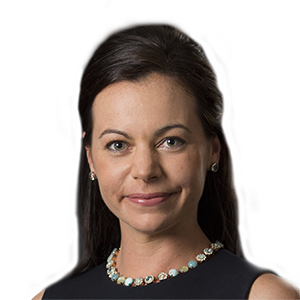This publication was co-authored by Tayla Curry.
The NSW Environment Protection Authority (EPA) is seeking feedback on its proposed revised versions of the resource recovery order (Order) and exemption (Exemption) for the reuse of biosolids, and you have until 5:00pm on 10 October 2025 to make a submission. To learn more, read on.
What are biosolids?
Biosolids are a by-product of the wastewater treatment process. They have a high nutrient value and if treated appropriately, can be used as soil amendment to improve the quality of soil and crops. They have been applied to soils in NSW for over 20 years.
Who is the proposed new Order and Exemption relevant to?
The proposed amendments to the Biosolids Order and Exemption are directly relevant to anyone:
- Generating or treating biosolids, such as wastewater treatment plants, waste facilities and local councils.
- Who uses the biosolids.
However, the potential implications are also relevant to anyone interested in the circular economy, including how PFAS may impact our ability to reuse otherwise valuable waste streams.
In addition, the approach taken by the EPA to the proposed amendments to the Biosolids Order and Exemption may be an indication of how the EPA may approach other orders and exemptions. As such, anyone with an interest in the regulation of waste and recycling should take note.
Fast facts about the proposed new Biosolids Order and Exemption
Here is a brief overview of some of the key changes:
- The stated objectives of the proposed Biosolids Order and Exemption relate to ensuring that the use of biosolids is beneficial and pose minimal risk of harm to human health and the environment.
- For the first time, the Biosolids Order and Exemption are set to contain regulatory thresholds for per- and polyfluoroalkyl substances (PFAS). Additionally, changes are proposed to the testing, record keeping and reporting requirements. The PFAS thresholds have been derived from the PFAS National Environmental Management Plan 3.0 (NEMP 3.0) and the PFAS Biosolids Risk Assessment prepared by the NSW Department of Planning and Environment.
- A new definition of “Biosolids” is proposed, which captures a greater range of treatment options, such as thermal treatment. In turn, this may mean that any new Biosolids Order and Exemption will be capable of applying to a wider range of waste streams when compared to the current versions.
- The proposed Exemption will require the consumer or user of the biosolids to engage an independent expert to carry out an assessment in certain circumstances. Without the expert’s sign-off, the biosolids will not be able to be used. This is one of the first instances where a requirement of this kind has been included in a resource recovery exemption, potentially signalling that users of waste may increasingly need to seek expert advice in the future.
Has the impact of the new PFAS thresholds on the circular economy been assessed?
The consultation documents do not directly comment on the impact of the new PFAS thresholds on the circular economy. However, they do note that of the 75 sites recently sampled by the EPA, only one met the proposed threshold for all new contaminants (unrestricted use thresholds) and only 19 sites met the requirements for restricted use thresholds. As such, the impact may be substantial.
Comment via the link below
The consultation period will end this Friday 10 October 2025. To view the consultation documents and provide feedback, click here.
For further information, please contact our team of experienced environmental and planning lawyers who are happy to assist.






